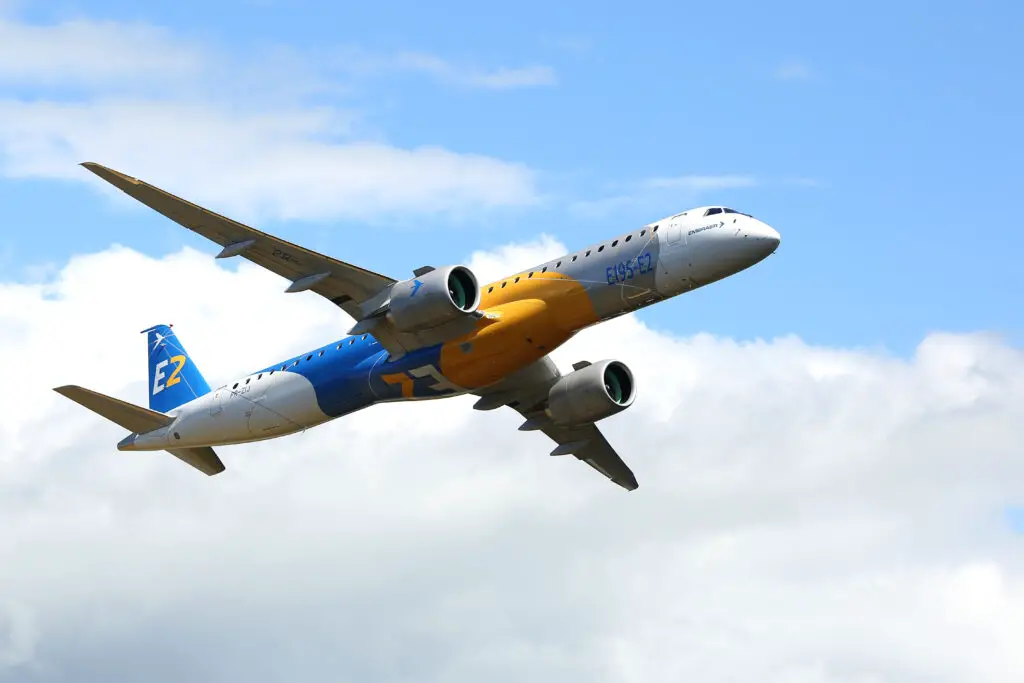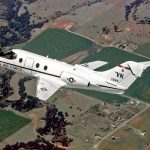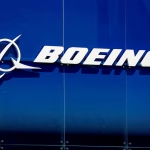Brazil’s Embraer and U.S.-based Pratt & Whitney are joining in the implementation of flights operated 100% with SAF, with the goal of obtaining information, both on emissions and performance, in order to encourage aeronautical authorities to grant certification and authorize their use.
See also: Airbus speaks out: commercial flights powered by sustainable aviation fuel are promising
A press release issued by Embraer states that » At present, technical standards developed by ASTM International allow aircraft to operate with SAF in blends of up to 50% with conventional fossil fuels. Collaboration between aircraft manufacturers, fuel suppliers and regulators will enable new standards to be established to certify 100% SAF operation».
Sustainable jet fuel is produced, for example, from renewable feedstocks and household waste such as used cooking oil. Although it does not solve the problem of CO2 emissions, it reduces them by up to 80% during a flight. It is not the solution to the carbon footprint problem, but it does offer a significant reduction in emissions as the industry innovates with new technologies to achieve net-zero emissions.
Arjan Meijer, President and CEO of Embraer Commercial Aviation stated, «We are committed to ongoing improvement in the efficiency and performance of our products, and by further expanding their compatibility with the SAF, we will enable our customers to operate in the most sustainable way possible»
«Embraer has a renowned track record of innovation in sustainable fuels, including the first aircraft certified to operate on ethanol in 2004, and collaboration is an essential requirement for our industry to achieve our environmental goals. We are very pleased to partner with Pratt & Whitney for this critical task of enabling aircraft to operate on 100% SAF,» he added.
Another very important issue associated with the environmental impact of airline operations is related to aircraft fuel efficiency. For this reason, part of the commitment of many airlines around the world is focused on renewing their fleets. To that end, according to Embraer, the E195-E2, powered by Pratt & Whitney GTF™ engines, offers more than a 24% improvement in fuel efficiency and lower CO2 emissions per seat than the previous generation of the E195.
Graham Webb, Pratt & Whitney’s Director of Sustainability, said the company «has been actively involved in SAF testing and certification for nearly two decades. We will continue to strategically support 100% SAF flight testing for key customers to broaden their acceptance, including partnering with Embraer to test E-Jets E2 aircraft as part of their goal of net zero emissions by 2050.»














